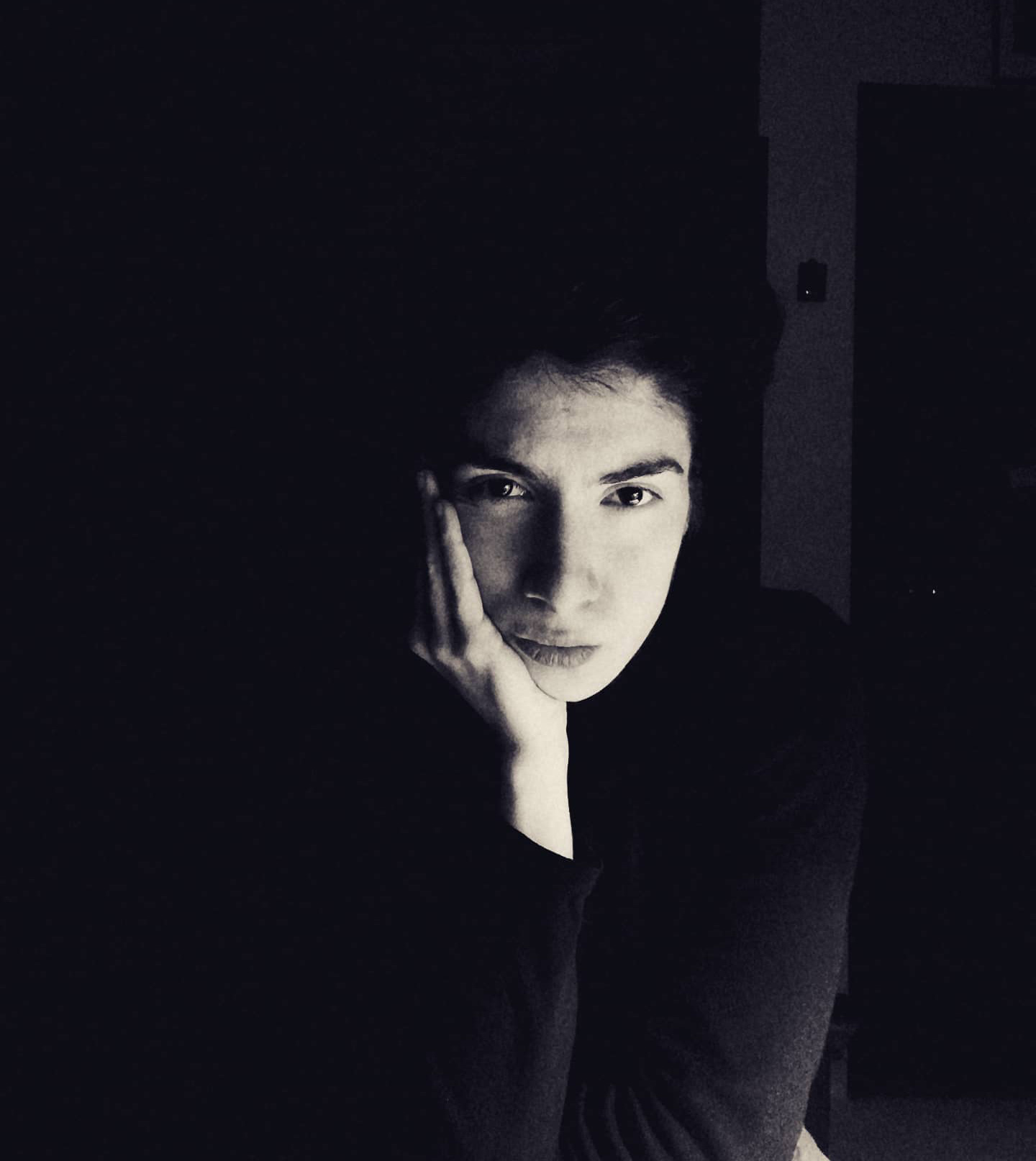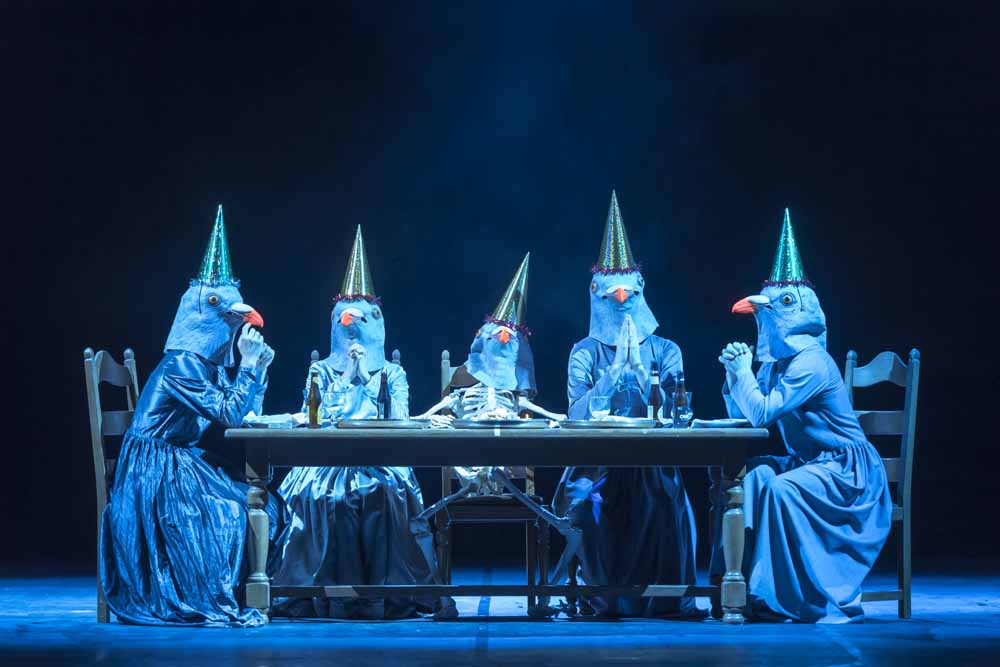A new play conceived by one of the protagonists of the contemporary art world has gone on stage in two dates at Teatro Argentina in Rome. It talks about the old Belgium and the new one in a festive, eccentric, aesthetic key.
The great supremacy of the image as an ideal object has lost long time ago every symbolism to become just a coin of exchanging knowledge that is irremediably communicated by the nature of the image itself. We are still living the time of a sort of iper-morality which is used by the great part of the public as the possible answer to approach contemporary art. It is surprising a kind of artwork that succeeds in breaking that system with the art rule it is made of. Last play by Jan Fabre has joined the intent. It was staged in occasion of the Roma Europa Festival 2017 at Teatro Argentina in two dates (30th September and 1st October) and it is called Belgian rules/Belgium rules. The title is a word pun that resumes the customs of the Belgian people (“Belgian rules”) and its matter of identity (“Belgium rules”) through the double value of the word ‘rules’ .
Jan Fabre talks about Belgium, its inhabitants, its culture, its ideals using a visual bombing of small piecès lasting four hours which are not connected each others. They becomes in the mind of the viewer imaginative squares of typical situations without any narration. It is not a logical story neither a chronological one because contemporary motives are mixed with older ones (like one of the many dances in the play with traditional clothes but on a contemporary disco music). On stage we see a prickly and ironic flowing of references that using some clichés of Belgian culture and history (beer, Jan Van Eyck’s artwork or football) paint a portrait of the country completely different from any kind of nationalism that we suppose to find in a play like this.
Anyway the topic is not so important as Fabre’s opinion on the concept of Theatre and art in general. The play is a joyful triumph that celebrates in every scene/image the body in an enthusiastic sense with its physical and physiological nature because of the presence of small sights composed by colorful images in which the exercise or the sexual and impudent nudity replaces the provocative feature with the naturalness. Body fluids are melted with the beer always on stage, the fanfare of the music and the dance with cultural, historical and political reflection. So the morality as the answer of the viewer who is anyway addicted to the pornography of the image in which he/she lives today, disappears behind the evidence of the artwork. Fabre’s play is a construction of theory and aesthetics that follows the culture of the image-knowledge in a different way from the one we are used to. It is fed by a form of beauty.
Immediately thoughts go to the previous play of the artist: Mount Olympus that two years ago succeeded in staging a play that was not so different from the representation of the ancient spirit of theatre. It concerned the cult of tragedy narrated through a 24 hours performance, as it would like to be an anachronism of Dionysia (a large festival in ancient Greece in honor of the god Dionysus). Although nowadays it seems to be not necessary any break-down of the form instead of the melting pot in the artwork established by the holy law of post-modernism that still sacrifices many victims -or we should say martyrs?- it has to be considered an heroic exploit to show a play that is not indifferent to aesthetic and it is at the same time a way to build up new theories on art which we need so much nowadays. Fabre’s opinion is not only about the contradictions of his country, the artist’s point of view about theatre and art world comes out with evidence. Belgium rules/Belgian rules is full of hard and apocalyptic statements but it is a pure artwork too. Only the artist could break what’s left of the difference between theatre and performance, what it is visual art and what is not, and the result is a blowing of art. Belgian rules/Belgium rules deconstructs again the ancient morality that the theatre of avant-garde (Jerzy Grotowski, Eugenio Barba, the duo Beck-Malina, some names we have to mention) brought to death. It does so in a way that only an artist could do, making a perfect resume of Grotowski’s words who says during a conference in 1989 talking about the last period of his workshop with the actors: «It has been the Party: human but almost sacred, connected to the ability to fully disarm us each others».
Giulia Giambrone
 Jan Fabre, Belgian rules ©Wonge Bergmann
Jan Fabre, Belgian rules ©Wonge Bergmann
 Jan Fabre, Belgian rules ©Wonge Bergmann
Jan Fabre, Belgian rules ©Wonge Bergmann
 Jan Fabre, Belgian rules ©Wonge Bergmann
Jan Fabre, Belgian rules ©Wonge Bergmann
 Jan Fabre, Belgian rules ©Wonge Bergmann
Jan Fabre, Belgian rules ©Wonge Bergmann
 Jan Fabre, Belgian rules ©Wonge Bergmann
Jan Fabre, Belgian rules ©Wonge Bergmann

Giulia Giambrone (Rome, 1994) graduated in History of Contemporary Art with a thesis in Aesthetics. She has been following for years the work of Luigi Ontani to whom she has dedicated the essay Luigi Ontani in Teoria. Filosofia, Estetica, Psicoanalisi nell’opera e nell’artista. (Alpes Ed., Rome 2019). She has been intern at the Peggy Guggenheim Collection (Venice) and La Galleria Nazionale (Rome). She is curator between Rome (Fondamenta Gallery) and Venice (Spazio Norbert Salenbauch). She is mainly interested in the relationship between philosophies and contemporary arts.







NO COMMENT